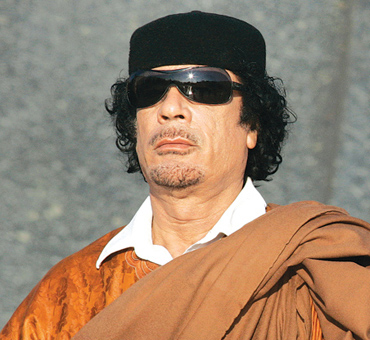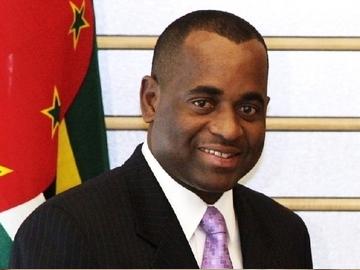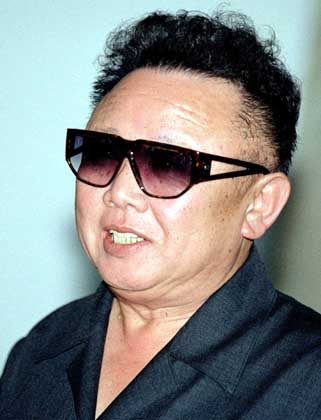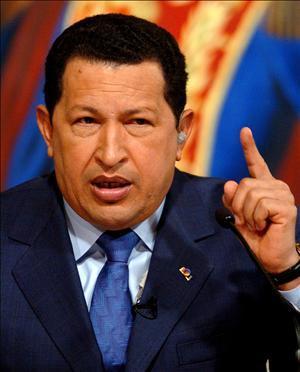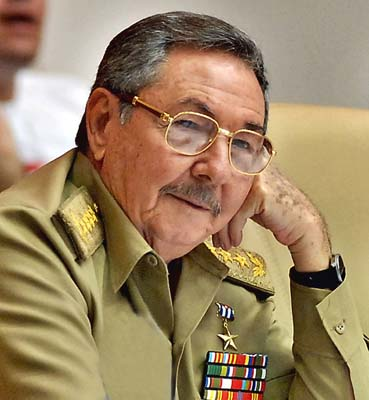Rigondeaux: Vancouver director brings boxer's life to screen.
It isn't often that the story of a film being made is as interesting as the subject itself - but in the case of Brin-Jonathan Butler's attempt to tell the story of Guillermo Rigondeaux and Cuban boxing, this is very nearly the case.
But not quite. Clearly, the story of two-time Olympic boxing champion Rigondeaux is one of human bondage, in more ways than one, and as such clearly carries the day.
But what Vancouver's Butler - a grad of Lord Byng Secondary School - has been through in trying to get this project done is remarkable in itself.
Along with his co-producers - Michael Collins, Brent Cowell and Vancouver-based lawyer Ronin Reinart - Butler first started to learn about Cuban boxing when, as an amateur fighter himself, he figured he could avail himself of some of the best training in the world in that country for as little as $6 an hour.
He ended up hiring Hector Vinent, a two-time Olympic champion, and, one day in 2007, when training in Havana's Rafael Trejo gym, Rigondeaux walked in, looking like a street kid.
Vinent introduced Rigondeaux as "the greatest boxer who ever lived," but by then Rigondeaux had already been kicked off the Cuban team and declared a traitor by Fidel Castro for having gone missing at an international event.
Butler took an interest in Rigondeaux. At that point in Cuba, you could be declared a traitor for something that the state thought you might be thinking of doing, and as such Rigondeaux was left with no option but to defect - which he did by hopping onto a smuggler's boat in February 2009 - and turn pro.
"Since then I've been following his career closely and I've been at all his pro fights, but the story is about far more than just boxing," says Butler, who was encouraged to make the film because of the access he had to all the Cuban legends - as well as to people such as Freddie Roach, at whose Los Angeles gym Rigondeaux began his U.S. training.
"Because he had to leave his wife and two children at home, and he can't go back until there is a regime change, his life has been devastated for a lot of different reasons we explore in the film.
"I wanted it to look past boxing and into the person and the toll it's taken on him, the Cuban system and really into the American system as well - and this guy has been through hell."
The movie is called Hero, Traitor, Madness. Butler, who now lives in New York, is three months away from completion and he's had some sniffs from HBO.
He's also had a big boost from Leon Gast, Oscar-winning director of When We Were Kings, who said about Butler's film, "It's something special and worth the wait."
Given Butler has never worked on a film before, he was more than flattered by the compliment and has two versions of the work planned - one that could fit a one-hour format for TV, the other a full-length feature that can be taken on the festival circuit.
The story has so much you can't even begin to scratch the surface here, but it explores Cuban boxing thoroughly and includes interviews with Teofilo Stevenson, the longtime Olympic heavyweight champion who was offered $5 million to defect and fight Muhammad Ali.
Stevenson chose instead to remain in Cuba where, despite what Butler describes as a significant drinking problem, he now claims to be happy.
Rigondeaux is currently the interim WBA bantamweight champion. But while Roach calls him "the most talented fighter I've seen," he rarely fights - in part because he's not a huge draw due to his style, but mostly because of a mountain of legal wrangling about who owns his promotional rights.
He's scheduled to fight on another Manny Paquiao undercard in November against Rico Ramos, but the way his career has gone since defecting, who knows what will happen next.
"As it stands now, Guillermo is heavily in debt and pretty disillusioned with having come to the U.S. to pursue the dream," says Butler. As for the film, "We look at a lot of different issues and I think we'll be pretty happy with it when it's finished."
By Tony Gallagher
Source: The Province
 |
| Guillermo Rigondeaux. |
It isn't often that the story of a film being made is as interesting as the subject itself - but in the case of Brin-Jonathan Butler's attempt to tell the story of Guillermo Rigondeaux and Cuban boxing, this is very nearly the case.
But not quite. Clearly, the story of two-time Olympic boxing champion Rigondeaux is one of human bondage, in more ways than one, and as such clearly carries the day.
But what Vancouver's Butler - a grad of Lord Byng Secondary School - has been through in trying to get this project done is remarkable in itself.
Along with his co-producers - Michael Collins, Brent Cowell and Vancouver-based lawyer Ronin Reinart - Butler first started to learn about Cuban boxing when, as an amateur fighter himself, he figured he could avail himself of some of the best training in the world in that country for as little as $6 an hour.
He ended up hiring Hector Vinent, a two-time Olympic champion, and, one day in 2007, when training in Havana's Rafael Trejo gym, Rigondeaux walked in, looking like a street kid.
Vinent introduced Rigondeaux as "the greatest boxer who ever lived," but by then Rigondeaux had already been kicked off the Cuban team and declared a traitor by Fidel Castro for having gone missing at an international event.
Butler took an interest in Rigondeaux. At that point in Cuba, you could be declared a traitor for something that the state thought you might be thinking of doing, and as such Rigondeaux was left with no option but to defect - which he did by hopping onto a smuggler's boat in February 2009 - and turn pro.
"Since then I've been following his career closely and I've been at all his pro fights, but the story is about far more than just boxing," says Butler, who was encouraged to make the film because of the access he had to all the Cuban legends - as well as to people such as Freddie Roach, at whose Los Angeles gym Rigondeaux began his U.S. training.
"Because he had to leave his wife and two children at home, and he can't go back until there is a regime change, his life has been devastated for a lot of different reasons we explore in the film.
"I wanted it to look past boxing and into the person and the toll it's taken on him, the Cuban system and really into the American system as well - and this guy has been through hell."
The movie is called Hero, Traitor, Madness. Butler, who now lives in New York, is three months away from completion and he's had some sniffs from HBO.
He's also had a big boost from Leon Gast, Oscar-winning director of When We Were Kings, who said about Butler's film, "It's something special and worth the wait."
Given Butler has never worked on a film before, he was more than flattered by the compliment and has two versions of the work planned - one that could fit a one-hour format for TV, the other a full-length feature that can be taken on the festival circuit.
The story has so much you can't even begin to scratch the surface here, but it explores Cuban boxing thoroughly and includes interviews with Teofilo Stevenson, the longtime Olympic heavyweight champion who was offered $5 million to defect and fight Muhammad Ali.
Stevenson chose instead to remain in Cuba where, despite what Butler describes as a significant drinking problem, he now claims to be happy.
Rigondeaux is currently the interim WBA bantamweight champion. But while Roach calls him "the most talented fighter I've seen," he rarely fights - in part because he's not a huge draw due to his style, but mostly because of a mountain of legal wrangling about who owns his promotional rights.
He's scheduled to fight on another Manny Paquiao undercard in November against Rico Ramos, but the way his career has gone since defecting, who knows what will happen next.
"As it stands now, Guillermo is heavily in debt and pretty disillusioned with having come to the U.S. to pursue the dream," says Butler. As for the film, "We look at a lot of different issues and I think we'll be pretty happy with it when it's finished."
By Tony Gallagher
Source: The Province



